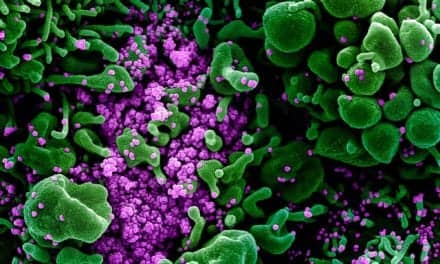On Tuesday, South Korea officials declared an end to the country’s deadly outbreak of Middle East respiratory syndrome (MERS), according to multiple media reports. The virus, which was first confirmed in a patient on May 20th, killed 36 people, infected 186, triggered widespread panic and school closures, and stymied growth in Asia’s fourth-largest economy.
The country’s prime minister Hwang Kyo-ahn said the danger posed by what was the biggest outbreak of the virus outside Saudi Arabia was over, according to BBC News.
“After weighing various circumstances, the medical personnel and the government judge that the people can now be free from worry,” Hwang said. “I ask the public to shake off all concerns over MERS and to resume normal daily activities, including economic, cultural, leisure and school activities.”
Thousands of schools were closed at the peak of the outbreak, as anxious parents kept their children home. The outbreak took a heavy toll on the national economy, stifling consumer spending and devastating the tourist sector.
Local businesses including shopping malls, restaurants and cinemas reported a sharp drop in sales as people shunned public venues with large crowds. The government recently announced a 22 trillion won (US$19.8 billion) stimulus package, much of which was aimed at supporting businesses hurt by the MERS crisis.
While South Korea officials called an end to the outbreak, the World Health Organization said it was not yet declaring MERS officially over, according to BBC News.
A spokeswoman in Manila told BBC News that the World Health Organization required 28 days without a new infection to make the announcement – twice the incubation period of the virus. The last case was confirmed in South Korea on July 4th.









